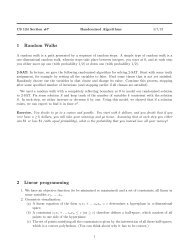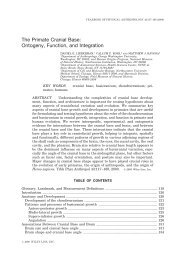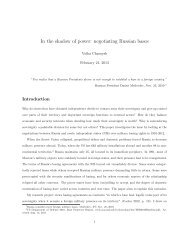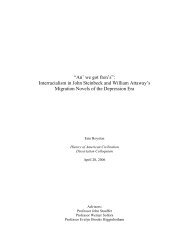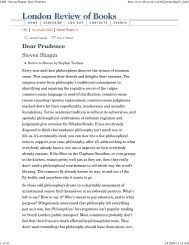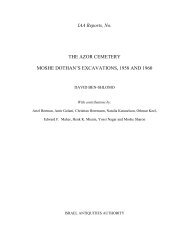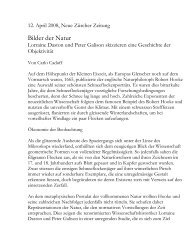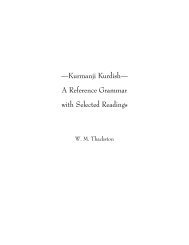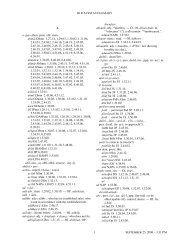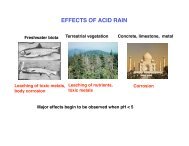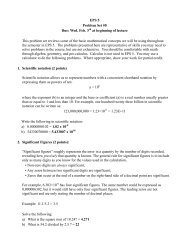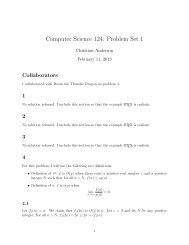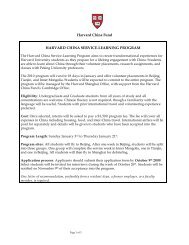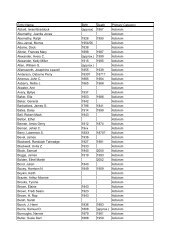—Kurmanji Kurdish— A Reference Grammar with Selected Readings
—Kurmanji Kurdish— A Reference Grammar with Selected Readings
—Kurmanji Kurdish— A Reference Grammar with Selected Readings
You also want an ePaper? Increase the reach of your titles
YUMPU automatically turns print PDFs into web optimized ePapers that Google loves.
Examples reflect changing agents (‘I, you, &c. have seen him/her/it’) and<br />
changing patients (‘he has seen me, you, &c.’). The negative is formed by<br />
prefixing né- to the verb.<br />
DIFFERENT AGENTS;<br />
3rd-PERSON SINGULAR PATIENT<br />
KURMANJI KURDISH<br />
3rd-PERSON SINGULAR AGENT;<br />
DIFFERENT PATIENTS<br />
min ew dîtiye me ew dîtiye wî ez dîtime wî em dîtine<br />
te ew dîtiye we ew dîtiye wî tu dîtiye wî hun dîtine<br />
wî ew dîtiye wan ew dîtiye wî ew dîtiye wî ew dîtine<br />
min ew nedîtiye me ew nedîtiye wî ez nedîtime wî em nedîtine<br />
te ew nedîtiye we ew nedîtiye wî tu nedîtiye wî hun nedîtine<br />
wî ew nedîtiye wan ew nedîtiye wî ew nedîtiye wî ew nedîtine<br />
Generally, the present perfect tense of Kurdish corresponds fairly closely to<br />
the English present perfect (“I have come”).<br />
Min heta niha çar kitêb çap kirine. Until now I have published four books.<br />
Gelo ew jî wek min winda bûye. I wonder if he too, like me, has become<br />
lost.<br />
But the Kurdish present perfect is in all respects the exact equivalent of the<br />
Persian past narrative (hatime = ما ﻩﺪــﻣآ,<br />
maye = ﺖ ــﺳا<br />
ﻩﺪــﻧﺎــﻣ).<br />
In Kurdish, as in<br />
Persian, the present perfect tense is used for anything that happened in the<br />
past, the effects or results of which are felt to be relevant to the present or to<br />
the topic at hand. Compare, for instance, the following two examples <strong>with</strong><br />
their literal translations:<br />
Wî tu caran tiştekî wilo negot. “He never said any such thing.”<br />
Wî tu caran tiştekî wilo negotiye. “He has never said any such thing.”<br />
The first example in Kurdish is a simple statement of fact, as in English.<br />
The second example can only be said in English if the person about whom it<br />
is said is still alive; if he is dead, we have to say, “He never said any such<br />
thing.” In Kurdish, however, the present state of the person is irrelevant;<br />
what pertains is whether his not having said any such thing is or is not felt<br />
to be relevant to the present—i.e., is it still true and relevant to the topic at<br />
54



